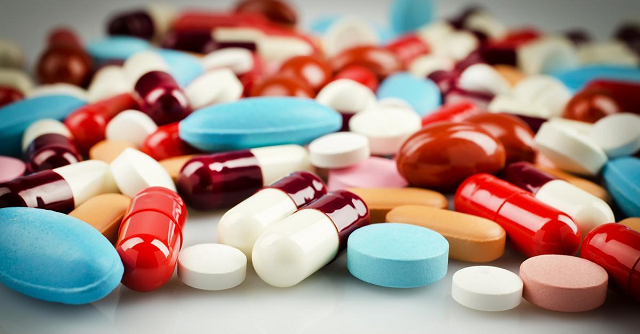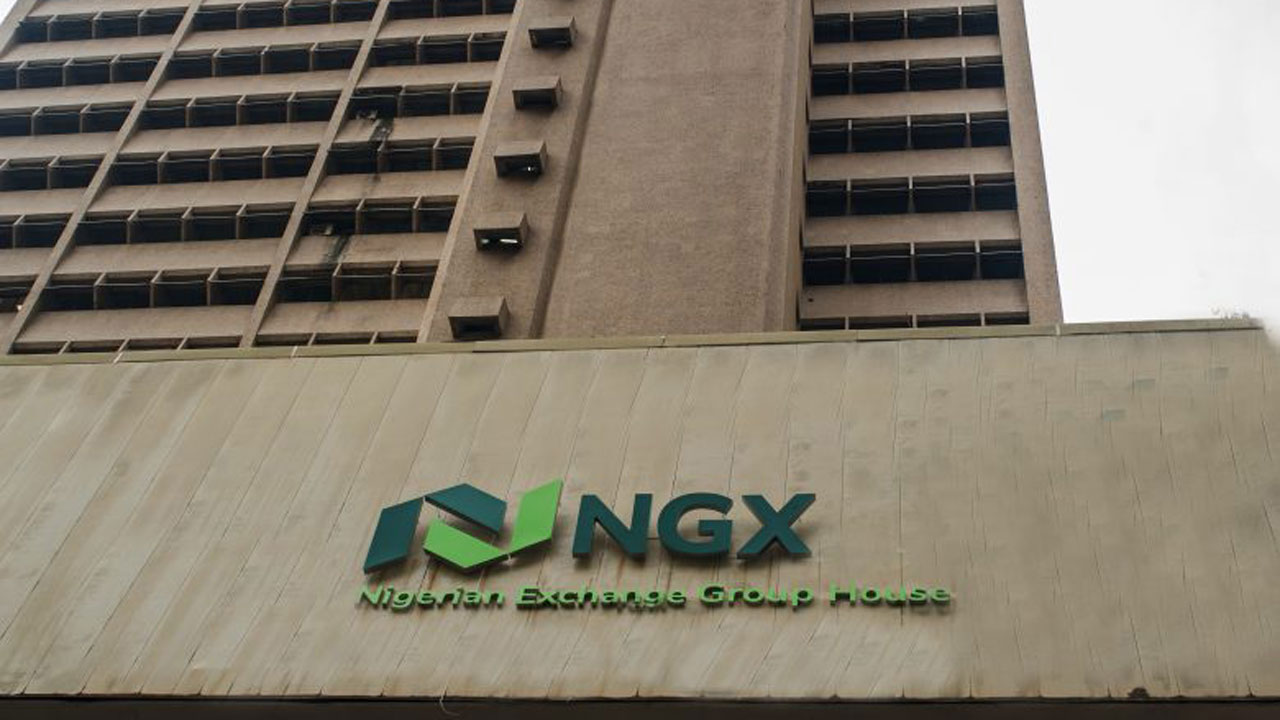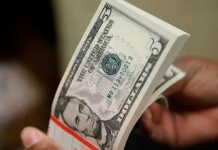Drug prices in Nigeria rise by more than 100% as the Christmas season approaches, intensifying financial strain and limiting access to essential medications.
The costs of drugs used to treat common conditions like malaria, high blood pressure, and diabetes continue to climb. Anti-malaria medications record increases of up to 135%, while some high blood pressure treatments rise by 83%. Other essential medications, including antibiotics and insulin, see hikes as high as 157%, creating additional challenges for families already dealing with economic hardships.
Economic Pressures Behind the Increase
The sharp depreciation of the naira since 2022, combined with ongoing inflation, significantly impacts drug prices. With over 80% of pharmaceutical raw materials imported, manufacturers face rising production costs driven by currency devaluation and forex shortages.
Pharmacists attribute the situation to Nigeria’s dependency on imports. “The high cost of active pharmaceutical ingredients, combined with inflation, has made it difficult to stabilize drug prices,” explains a pharmacist in Lagos.
Notable Price Increases
A recent survey reveals substantial increases in the prices of key medications:
- Coartem (Antimalarial): The price increases from N1,200 in early 2023 to N6,000 in late 2024, reflecting a 135% rise.
- Augmentin (Antibiotic): The children’s suspension now costs N9,000, a 157% jump from N3,500 earlier in the year.
- Seretide (Asthma Treatment): Prices surge from N7,500 in 2023 to N30,000 in 2024, marking a 361% increase.
- Insulin (Diabetes): Hormoni insulin rises from N5,650 to N14,500, a 155% increase, while Misater 30 insulin jumps by 160%, reaching N19,500.
Even basic over-the-counter drugs are not exempt. The cost of a sachet of Panadol increases from N25 to N230, an 820% spike.
Nigerians Forced to Prioritize
Many families struggle to balance their health needs with the festive season’s financial demands. In Lagos, one family describes the sacrifices they are making: “My husband has hypertension, and I have diabetes. Together, we spend N35,000 monthly on medication, leaving little for Christmas gifts or celebrations.”
A similar situation unfolds in Abuja, where a mother says, “I’ve spent everything on my medications this year. My blood pressure pills now cost N3,500 per month, up from N1,500, and my insulin has doubled in price.”
Experts Raise Concerns
Health experts warn of dire consequences if drug affordability continues to decline.
“Patients skipping doses or opting for less effective alternatives is becoming common, leading to poorer health outcomes. This also increases pressure on the healthcare system,” explains health economist Dr. Uchenna Eze.
Pharmacists report growing distress among customers. “Many patients break down when they see the cost of their usual medications. The situation is deeply troubling,” observes a pharmacist in Abuja.
Calls for Immediate Government Action
Stakeholders urge the government to intervene with targeted solutions, including:
- Forex Stabilization: Address currency challenges to reduce import costs.
- Support for Local Production: Invest in domestic pharmaceutical manufacturing to reduce reliance on imports.
- Subsidies for Essential Drugs: Provide financial relief for critical medications, particularly during high-demand seasons like Christmas.
Without immediate measures, the rising cost of drugs threatens to deepen the financial and health challenges faced by Nigerian families.














